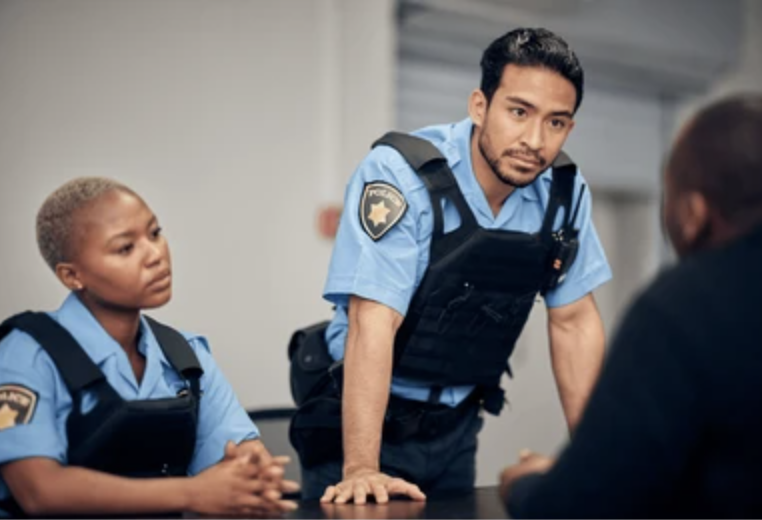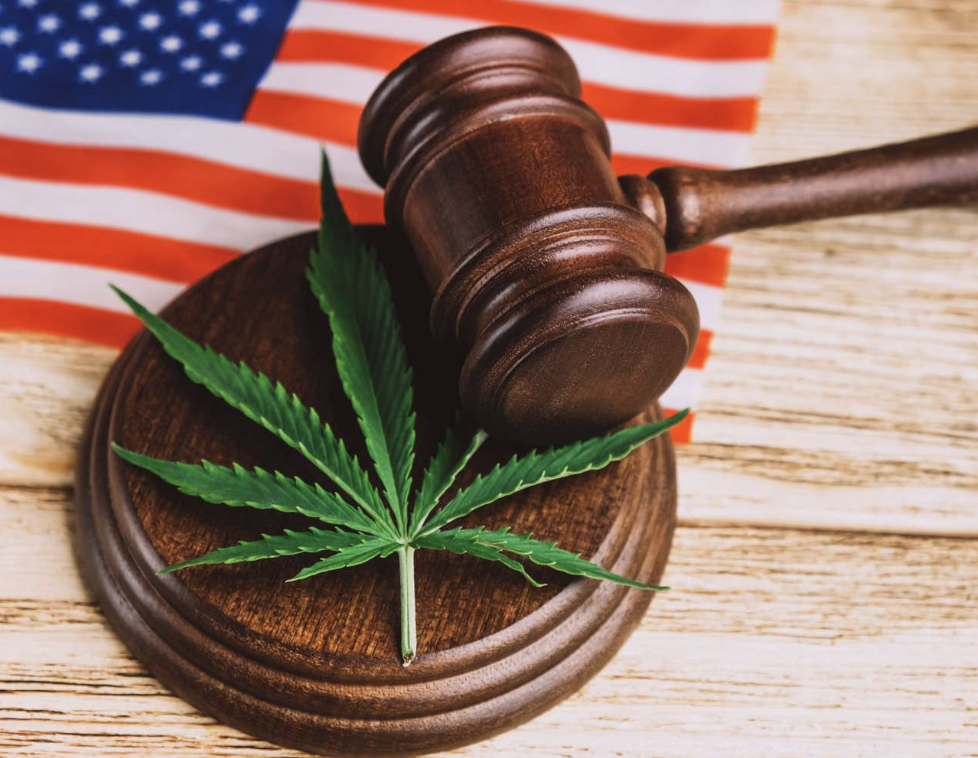If a police officer or detective says,
“You have the right to remain silent…”
you’re already in a situation where silence is your most powerful protection.
Miranda warnings exist to protect your constitutional rights — but by the time you hear them, you’re already under investigation or under arrest. Talking to the police without a lawyer present almost always makes things worse.
A legal guide from Cardon Law. This is general information, not legal advice. If law enforcement contacts you about a criminal investigation, speak with an experienced Virginia criminal defense lawyer before saying a word.
1) What Are Miranda Warnings?
“Miranda rights” come from the U.S. Supreme Court case Miranda v. Arizona, 384 U.S. 436 (1966), which held that suspects must be informed of their constitutional rights before custodial interrogation.
Under Virginia Code § 19.2-266.1, statements made in violation of Miranda can be suppressed — meaning they cannot be used against you in court.
Miranda warnings generally include:
- The right to remain silent,
- That anything you say can and will be used against you in court,
- The right to an attorney, and
- If you cannot afford one, the court will appoint one.
If you are in custody and being questioned, these rights apply.
But here’s the trap: many people talk before they’re technically “in custody” — when police or detectives call them “just to chat” or “get your side of the story.”
That’s where most people damage their case.
2) When Does Miranda Apply in Virginia?
Miranda applies only when both conditions are met:
- You are in custody — meaning you are not free to leave, and
- You are being interrogated — meaning law enforcement is asking questions designed to elicit incriminating responses.
If either element is missing (for example, if you voluntarily visit the station and start talking), Miranda may not apply — and your statements are still admissible.
That’s why you should never agree to meet or speak with an officer without an attorney, even if they say you’re not under arrest.
3) Why Police and Detectives Want to Talk to You
In my experience representing clients across Hampton Roads, detectives contact potential defendants for one of two reasons:
- To get a confession — even partial admissions can be used to build the case.
- To lock you into a story — so that later, if your defense differs in any detail, they can use your own words against you.
Law enforcement doesn’t schedule interviews to “clear things up” or “help you.”
They call because the decision to charge you has already been made — or is moments away.
They simply want you to hand them evidence in your own voice.
4) What to Do if a Detective Calls You
✅ Be polite but firm. Say:
“I’m happy to cooperate through my attorney, but I’m not comfortable speaking without legal counsel.”
✅ Do not go to the station “just to talk.”
✅ Do not explain your side over the phone.
✅ Do not answer questions designed to seem harmless (“Were you driving that night?” “Is this your signature?”).
Once you speak, you can’t take it back. Even innocent-sounding statements can be misinterpreted, or later used to show “consciousness of guilt.”
5) Real-Life Scenarios from Virginia Practice
Scenario 1: The Firearms Background Check Call
You go to buy a firearm and fill out the required background check form under Virginia Code § 18.2-308.2:2.
It asks whether you’ve ever been convicted of a felony, a domestic assault under § 18.2-57.2, or been involuntarily admitted to a mental health facility.
A few days later, a State Police special agent calls and says they “just need to talk about your answers” and asks you to come in.
Do not go.
You are the target of a felony “false statement on firearm purchase” investigation under § 18.2-308.2:2(K).
Agents have already decided to charge you. They want to talk with you because they want a confession or to lock in a story before referring charges to the Commonwealth’s Attorney.
Call a lawyer immediately.
Scenario 2: The Hit-and-Run Investigation
You get a call from a detective about a “vehicle accident that may involve your car.” They ask you to come down to “help identify” your vehicle.
In reality, you’re the suspect in a hit-and-run under § 46.2-894.
They already have plate numbers or witness statements.
When they ask, “Did you drive that night?” — they’re not seeking information; they’re confirming probable cause.
Speaking in that meeting will not prevent charges — it will only strengthen them.
Scenario 3: The Financial Crimes “Clarification”
A detective calls to say they “just need clarification” on a check, loan, or electronic transfer tied to your name.
You think it’s a misunderstanding and agree to talk.
Two weeks later, you’re charged with Obtaining Money by False Pretenses under § 18.2-178.
The “clarification” was an interrogation.
Your “helpful explanation” became their Exhibit A.
6) The Cost of Talking Without Counsel
When police interview you, they control the setting, the recording, and the narrative.
You control only one thing: whether you speak.
Once you do, even if you tell the truth, your words can be misinterpreted, taken out of context, or selectively quoted.
And even if the officer seems friendly, the report they write later is not the conversation you remember.
In short:
You cannot talk your way out of criminal charges — but you can absolutely talk your way into them.
7) What You Should Do Instead
✅ Stay calm and respectful.
✅ Politely decline to answer questions.
✅ Ask for your lawyer immediately.
✅ If you’ve been arrested, invoke your rights clearly:
“I want to remain silent. I want a lawyer.”
Do not speak again until your attorney is present.
FAQ
Do Miranda rights apply during every police encounter?
No. They apply only during custodial interrogation — when you’re not free to leave and officers are questioning you about a crime.
What if I haven’t been arrested yet?
That’s when you’re in the most danger. Anything you say voluntarily can still be used against you, even without Miranda warnings.
Can I “clear my name” by explaining my side?
No. If police are calling you, it’s because you’re already a suspect. They’re not gathering information; they’re gathering evidence.
What happens if I talk before Miranda?
Statements made before formal warnings are still admissible if you were not “in custody.” Don’t rely on technicalities — just don’t speak.
Can I tell officers I’ll only talk with my attorney present?
Yes, and you should. The moment you ask for a lawyer, questioning must stop under Miranda v. Arizona and its Virginia applications (Midkiff v. Commonwealth, 250 Va. 262 (1995)).
Protect Your Rights — Don’t Talk Without Counsel
If you are contacted by police, a detective, or any law enforcement officer — do not answer questions without an attorney present.
Even a five-minute conversation can determine the entire direction of your case.
Cardon Law represents clients in Virginia Beach, Norfolk, and across Hampton Roads in all criminal investigations and charges.
We protect your rights from the first phone call — before a statement becomes a charge.
📞 Free Consultation: (757) 306-9060
📱 24/7 Direct to David A. Cardon: (757) 620-3283






